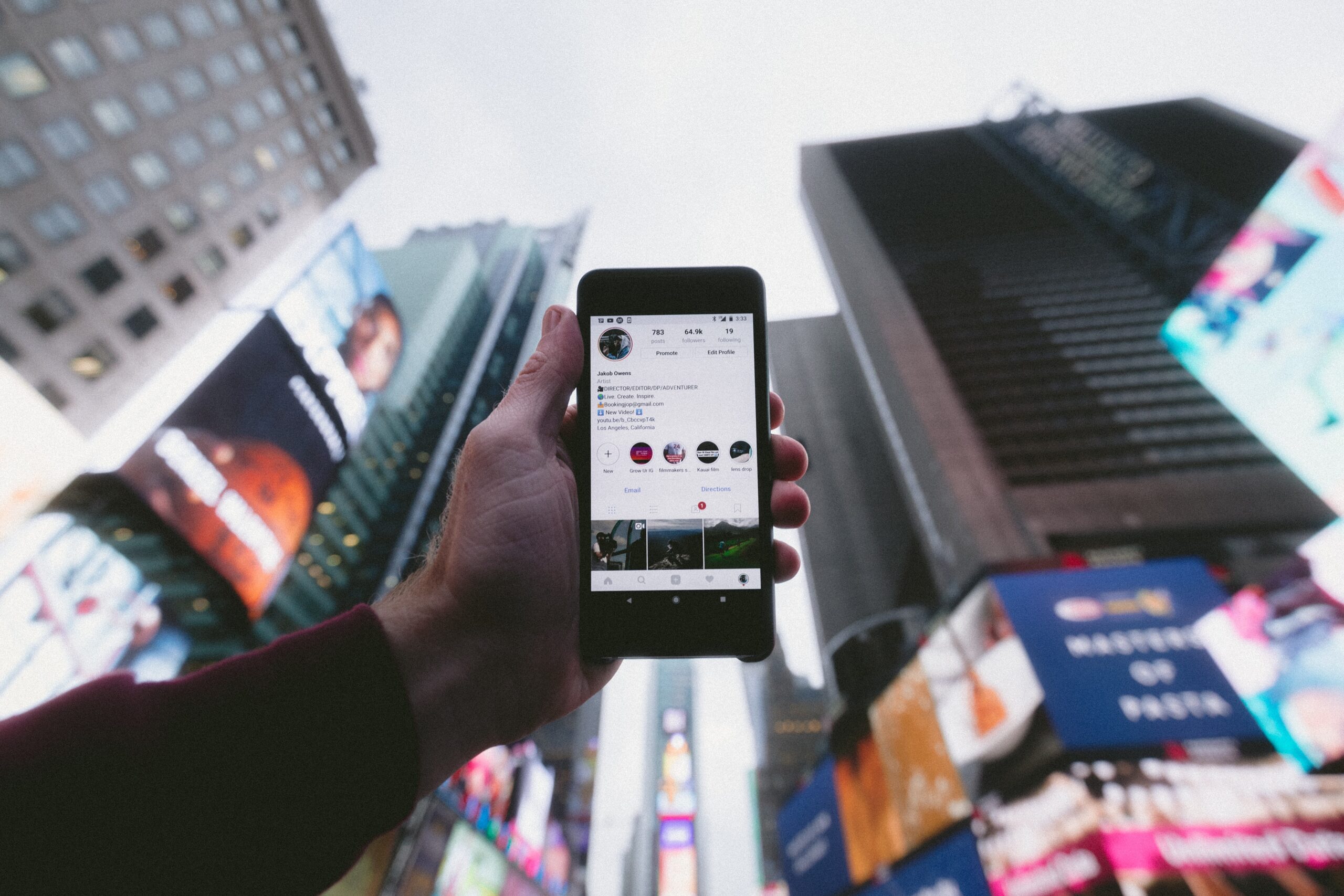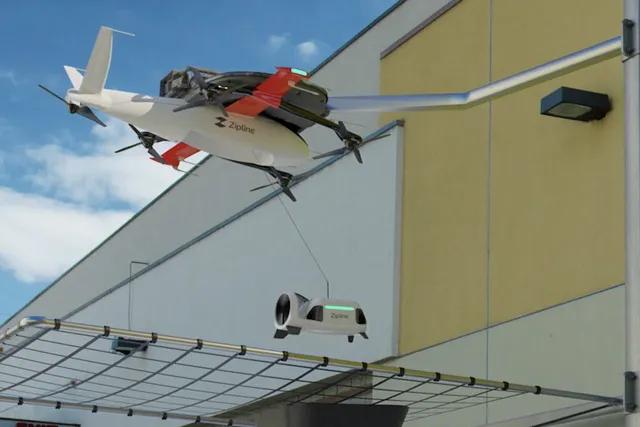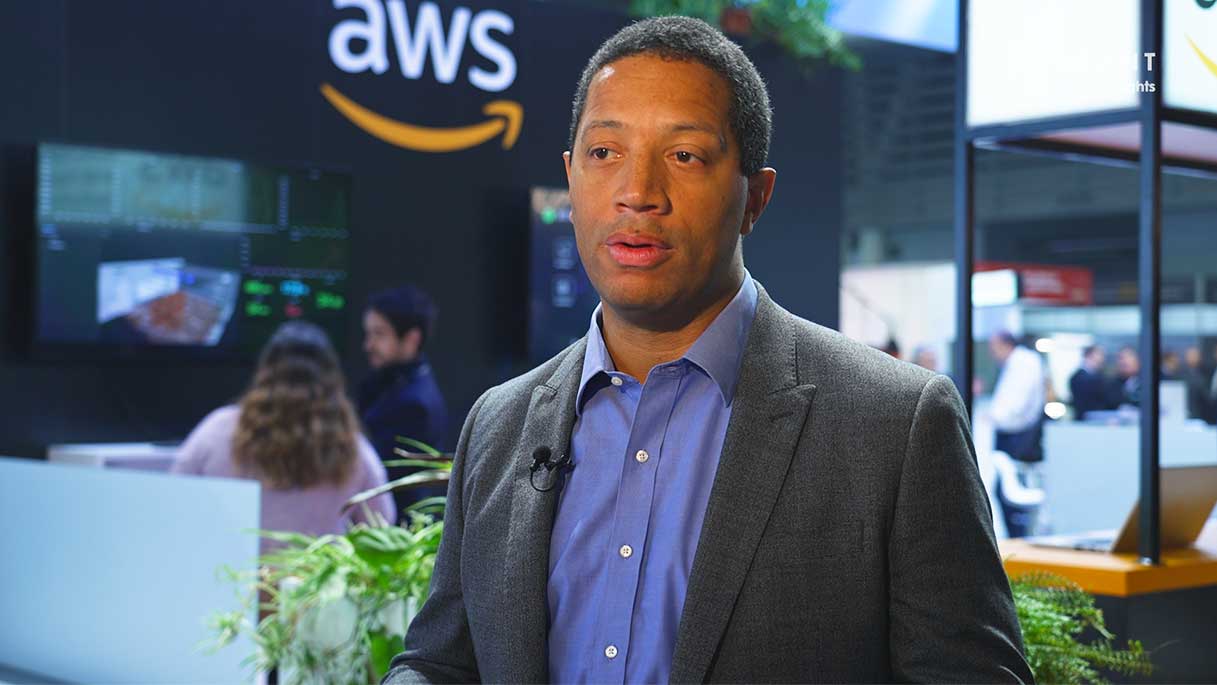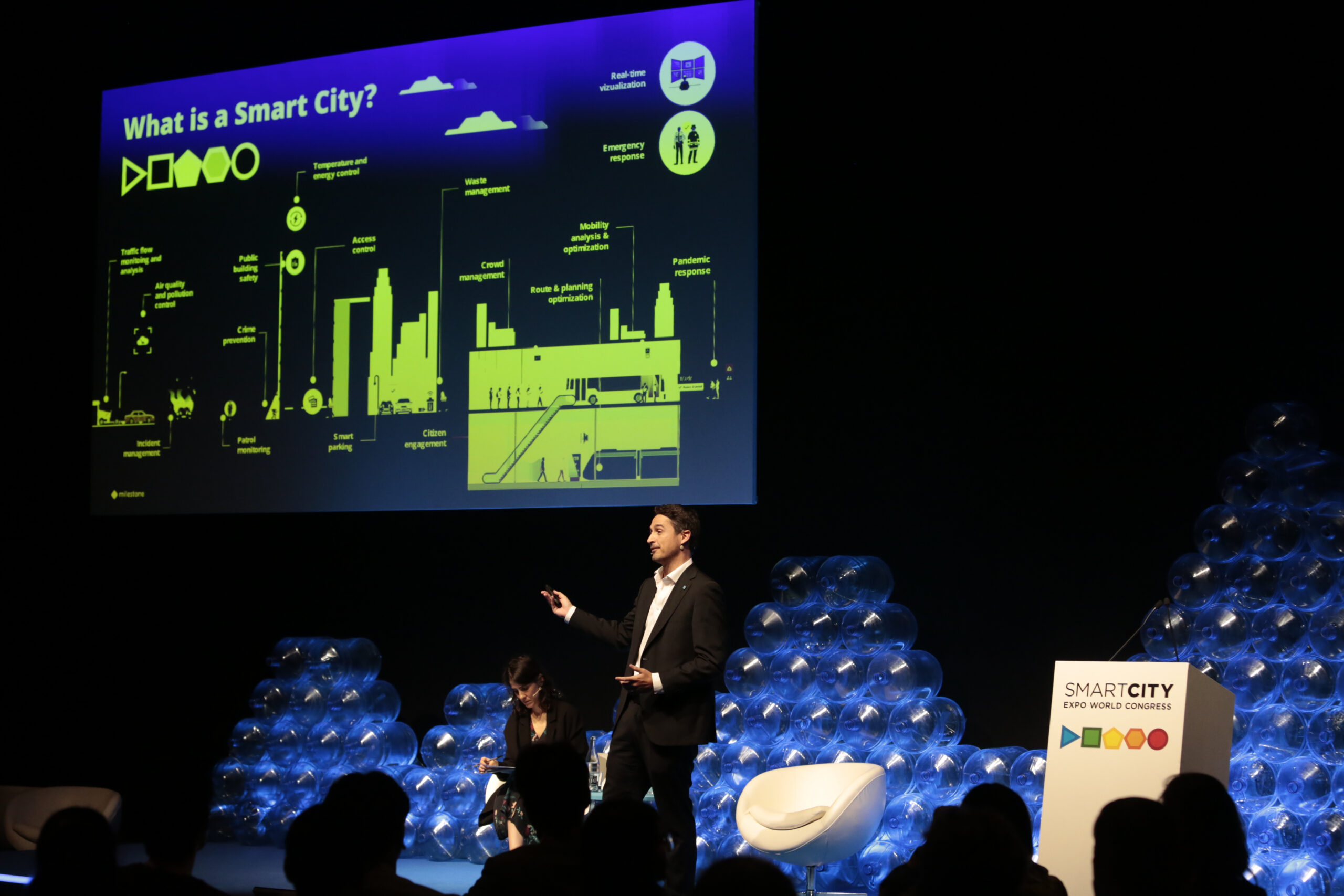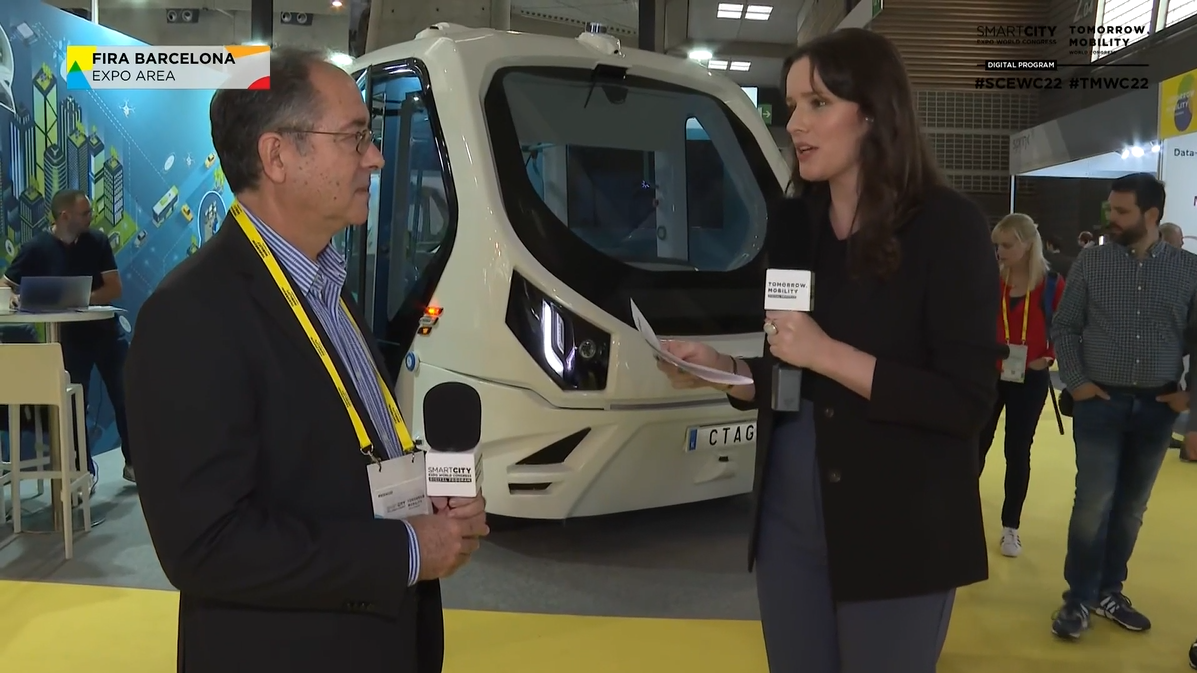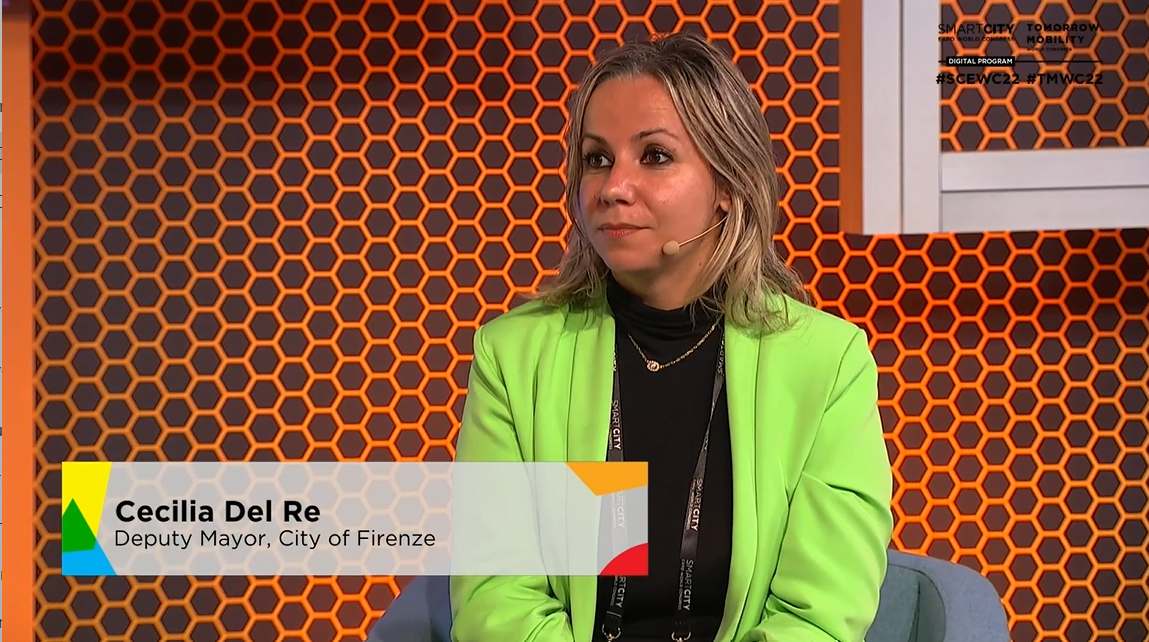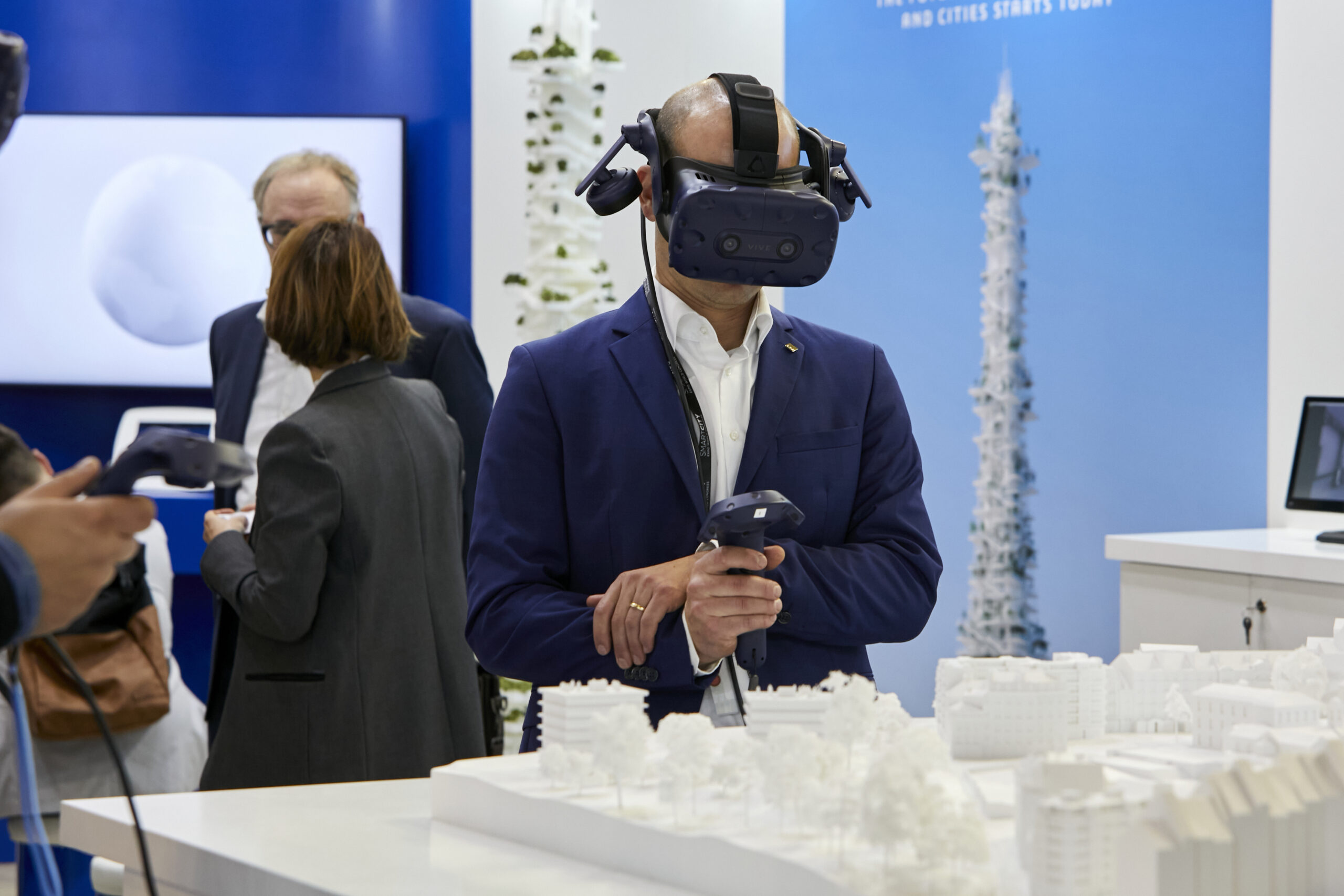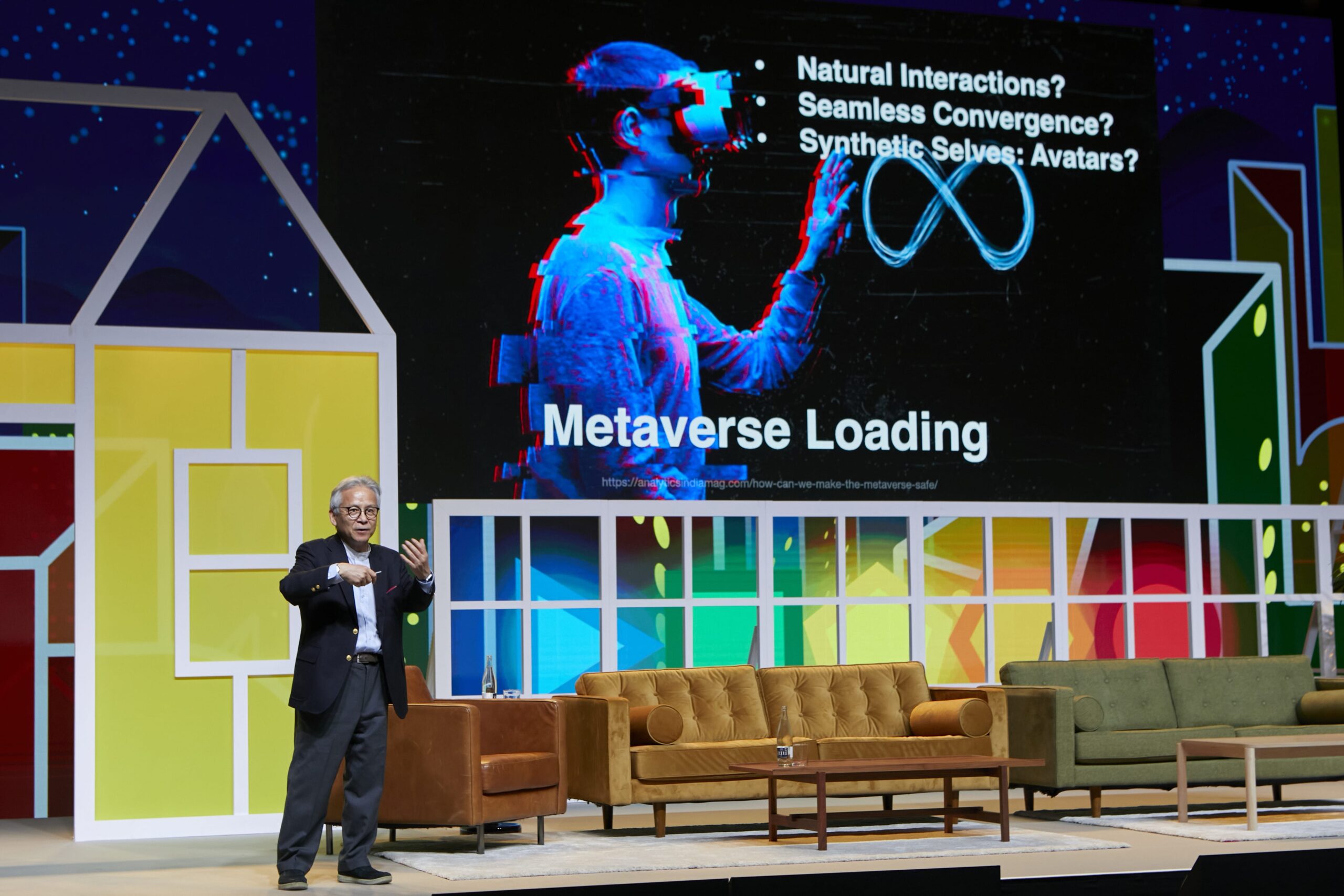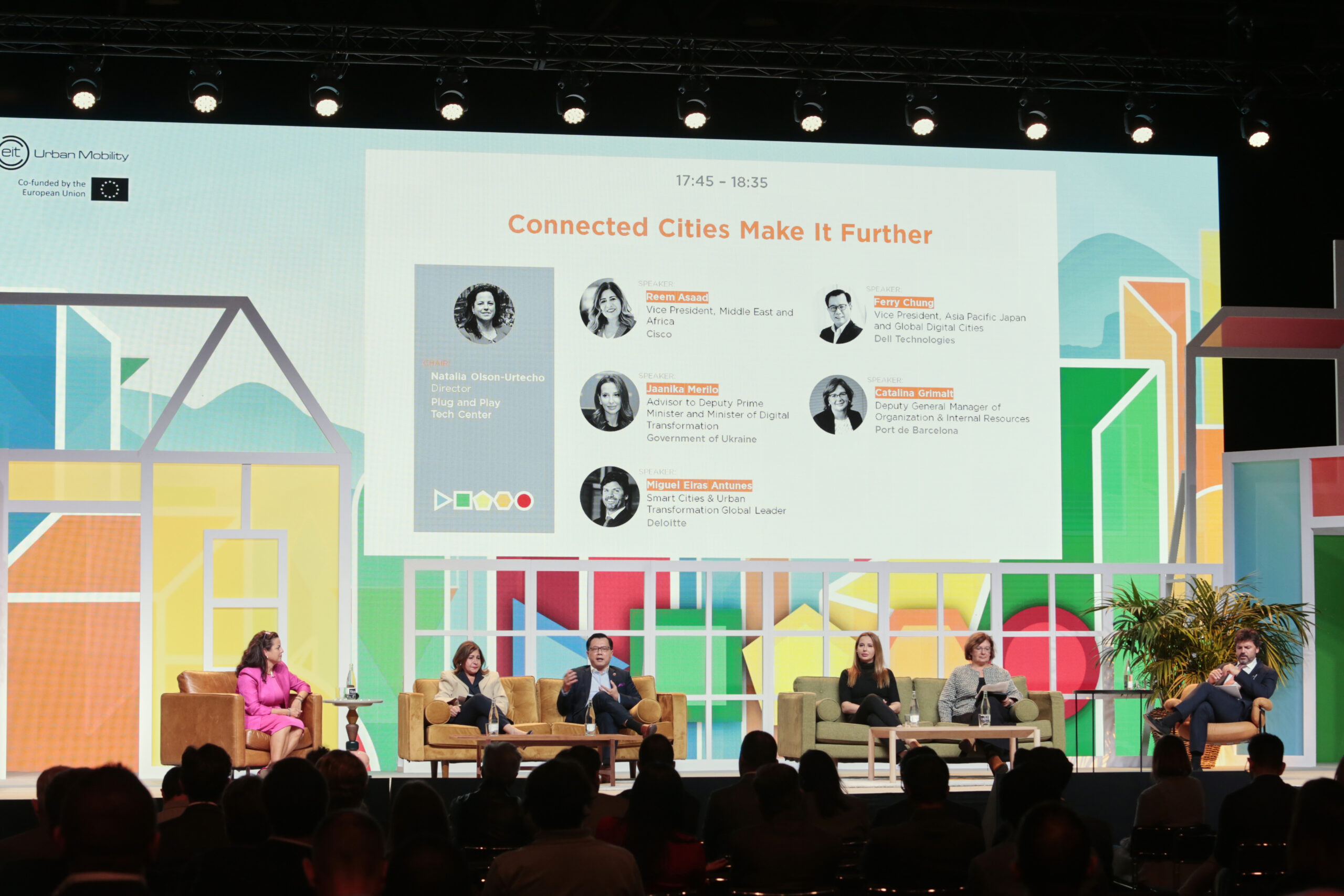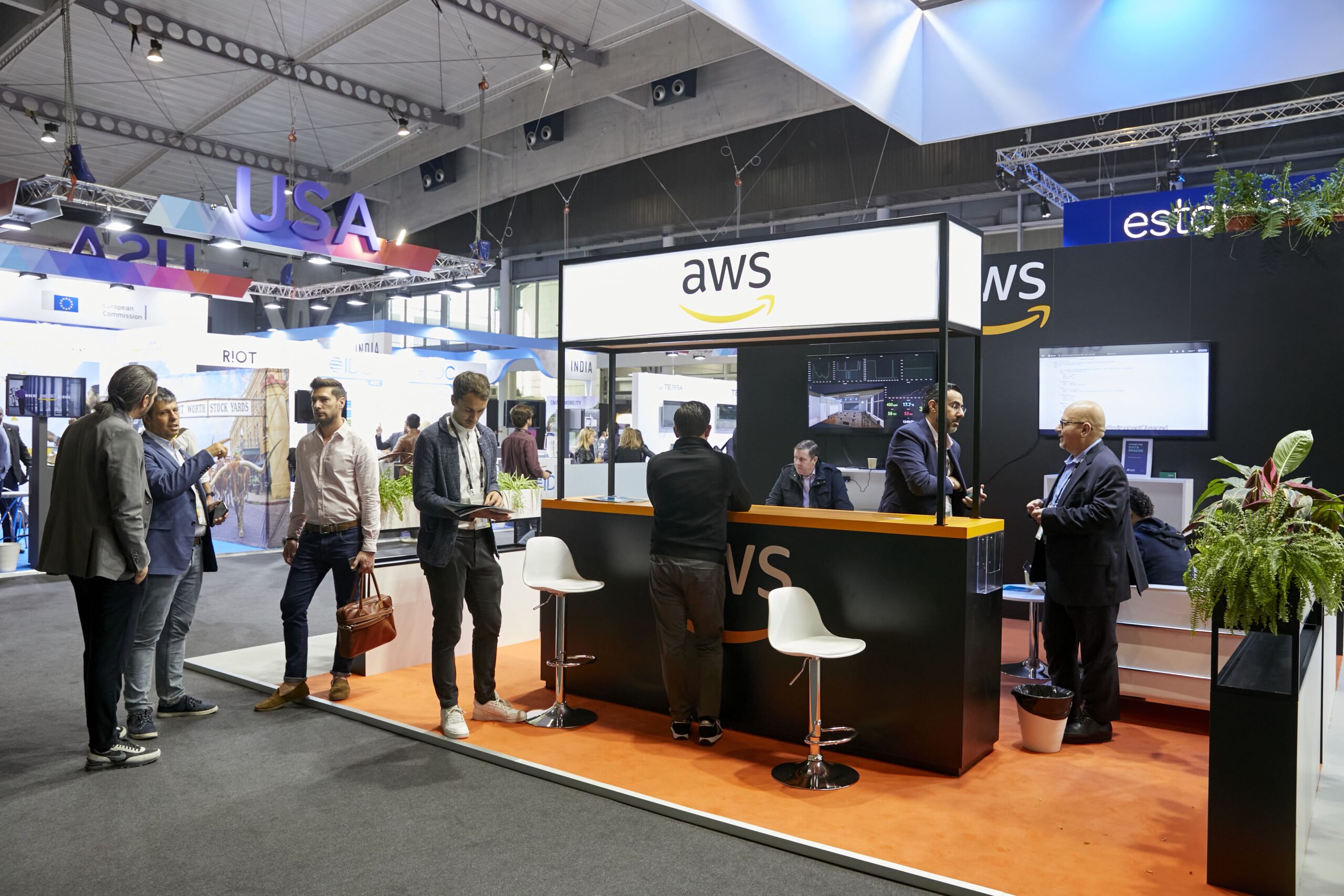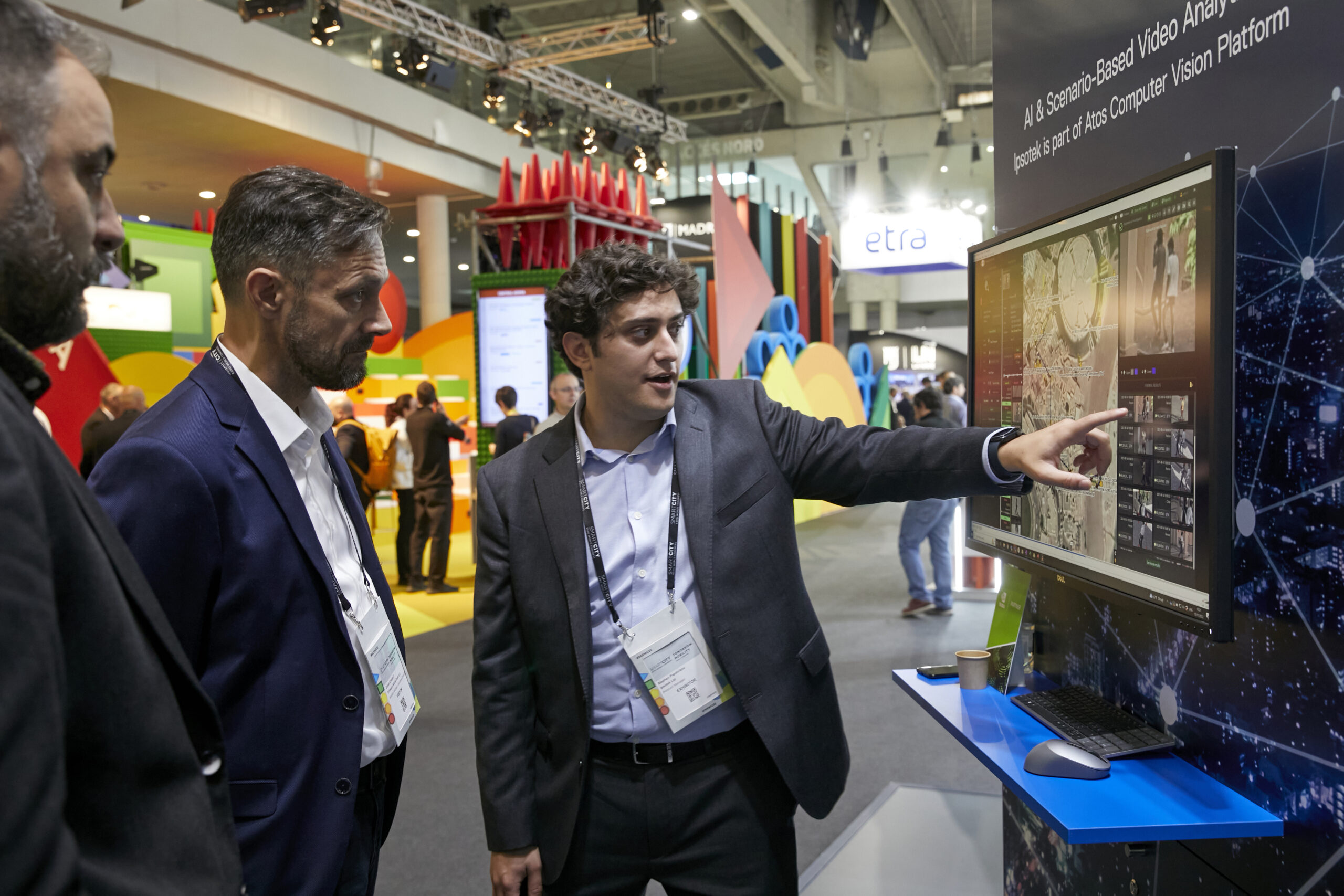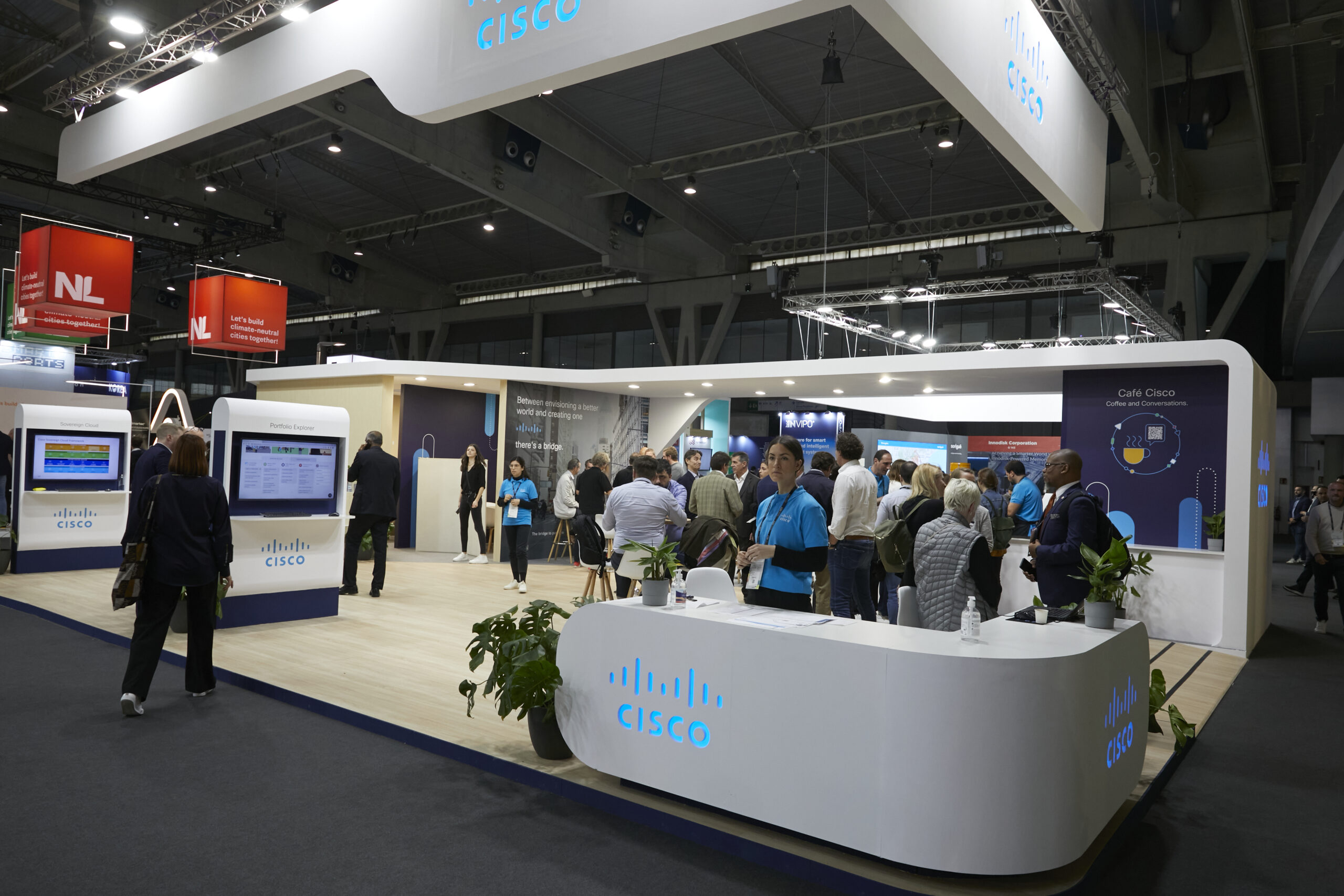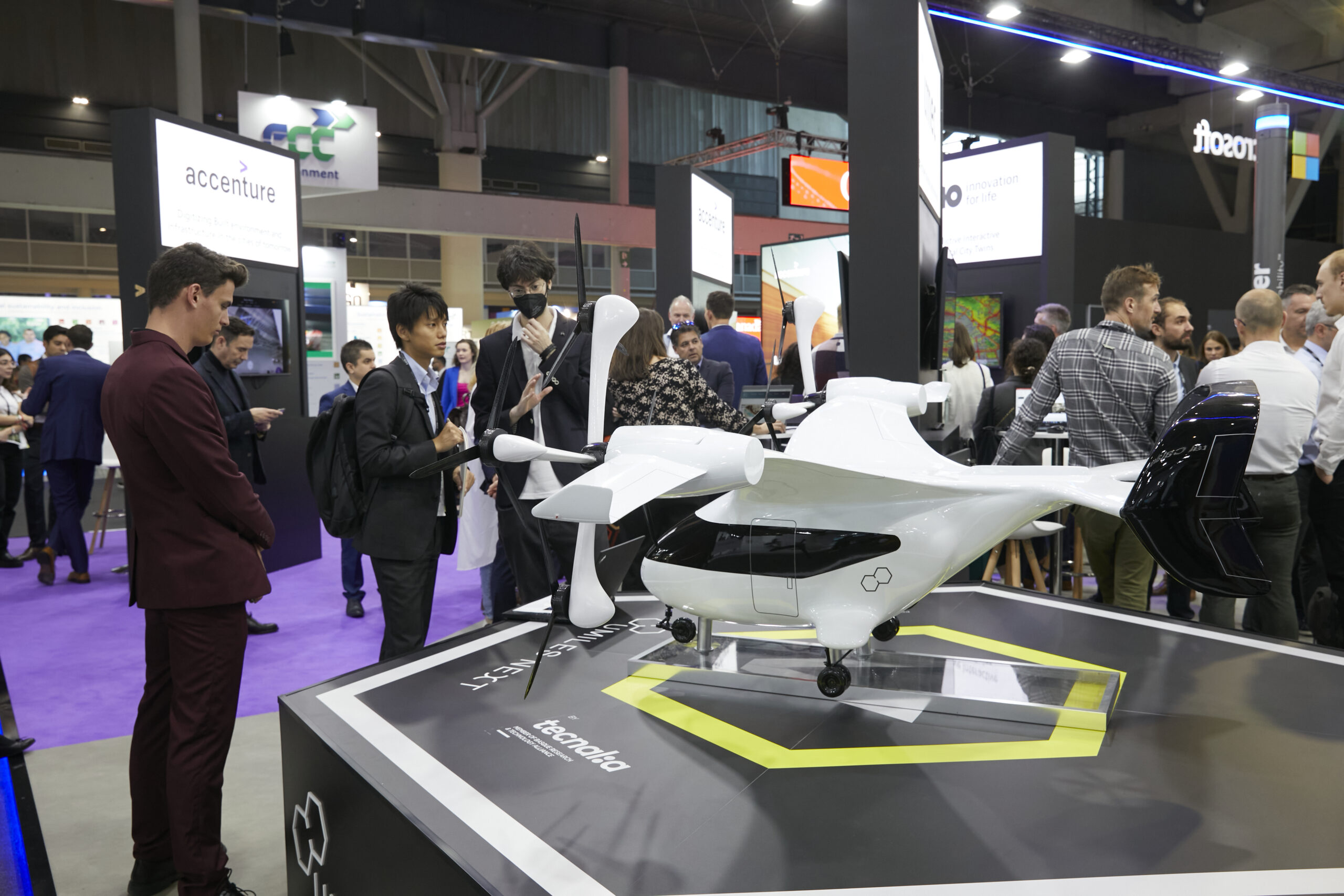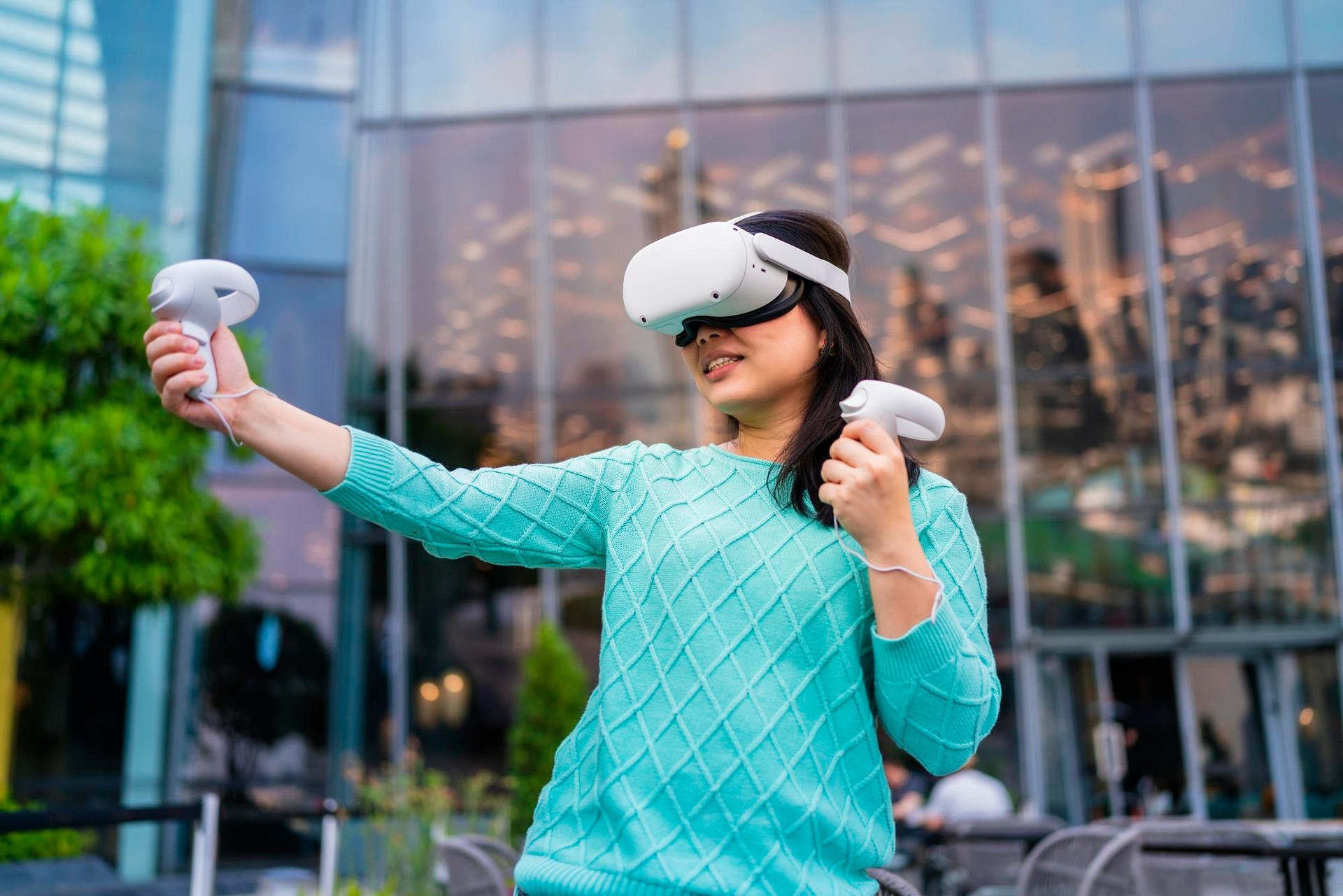Author | M. Martínez Euklidiadas
Cities could use artificial intelligence to run themselves. In search of the elusive Utopian city, it is essential to portray all the points of view and data available. In addition to scientific analysis, citizen participation and experts, the "opinion" of AI would need to be considered.
As a result of human interaction, cities are complex environments where a whole host of activities take place. The design, coordination and management of this metabolism could use new tools. Could artificial intelligence govern a city?
(Very) far from general intelligence
At the moment, Man has not been able to replicate the human mind or its functions in a machine. This means that cities would not have a brain like ours, the so-called artificial general intelligence’ or strong AI. Instead, they would have small, very specific AI.
In our Utopia a series of very specialized artificial intelligence systems would direct traffic, another would help with waste, a third group may help with social debates an another could be used to manage the budget, among other examples.
Perhaps, in a few decades, Humanity may have relegated its decisions to a benevolent super-intelligence capable of making better decisions than us, but today, we are incapable of simulating the mind, or empathy or wisdom, and we often have problems defining these concepts. The Utopia would have to be a ‘stupid city’ made up of small exceptionally clever parts. In fact, we are heading in that direction.
How is AI used in cities?

According to the European Parliament, there are seven dimensions to the application of artificial intelligence in cities. Naturally, these can be multiplied based on more specific approaches. Below we describe them with some practical examples:
1. AI for governance
A study on European attitudes towards technological change (2021) indicates that one in two Europeans would rather artificial intelligence make decisions instead of politicians.
However, AI is not neutral. All AI is profoundly biased. In its report, AI & Cities Risks, Applications and Governance (2022), the UN-Habitat focuses on preventing the risks associated with the use of AI and always being aware of its limitations. These systems:
● Reinforce the assumptions in their data and design.
● Cannot evaluate their own performance.
● Are mathematical and cannot integrate nuance.
There is still not much sense in blindly following AI systems, given their numerous barriers or their inability to reason.
2. AI for habitability, security, and healthcare
What AI does very well is synthesize large-scale datasets. For example, the Housing and Urban Development Division of the Inter-American Development Bank now uses MAIIA, an algorithm that locates informal settlements thanks to satellite imaging.
Artificial intelligence systems have been helping us for years with innovation, research and development, thanks to their ability to work with data (and ours in doing the same thing). The human AI pair is superior to each one separately.
3. AI for education and citizen participation
Citizen education is essential for informed citizen participation, as indicated by the Beijing consensus with its humanist conclusion. There have been some very interesting proposals in recent years on how to use AI to build better democracies, focusing on deactivating false news.

4. AI to improve the urban economy
As indicated by the European Parliament in its Artificial Intelligence and Urban Development report, AI can play a crucial role in the economy, particularly in terms of optimizing flows.
5. AI for optimized mobility
In Spain, a group of researchers from Valencia discovered how to use social media to improve municipal services using AI. Their tool is called U-Tool. The use of AI in mobility is quite widespread (such as autonomous driving), and increasingly regulated.
6. AI in infrastructure
Artificial intelligence is often used in sectors that are not seen by the population. It is already used in waste management, telecommunications or police work, for example. Given its volume of data, infrastructure is at the forefront of the use of AI in cities.
7. AI and the environment
The World Economic Forum has described how artificial intelligence can help increase climate resilience. The predictive capacity of AI can be used to establish climate change mitigation and adaptation strategies.
A city that thinks? The necessary regulatory framework
"A thermostat wasn’t good enough. You went and gave the building a brain", says Detective Spooner in I, robot (2004). Are we ready to let AI take control? Is artificial intelligence ready?
In that film, the artificial intelligence W.I.K.I. controlled Chicago’s traffic system, although its exceptional capacity ended up invalidating its program. Obviously, it is science fiction and machines are not going to rebel, but we should anticipate potential problems that may arise if we delegate decisions to AI.
If cities want artificial intelligence to take part in the city, it must be trained in order to eliminate biased databases (which applies to practically all of them) and prevent risks for the population.
Along this line, the Global Observatory of Urban Artificial Intelligence, headed by Barcelona, London, Amsterdam and with the support of the UN-Habitat, came about with the aim of creating ethical AI systems in cities. An increasing number of similar initiatives are emerging.
Listen to artificial intelligences, decide as humans
As cities automate their activities and deploy the ‘AI-infrastructure’ it will be more common to see how artificial intelligences (in plural) suggest or advise based on different objectives and in accordance with their capacities. Because, at the moment, AIs are limited.
An artificial intelligence may be ideal to regulate maximum rental prices, while another is brilliant in terms of selecting which plots can be densified first. However, their tasks are nominative and not exchangeable. They cannot reason yet.
At the moment, humans will continue to make urban decisions, urban life will continue to be in our hands, although it will be interesting to listen to these machines, to see what they make of a world that humans are losing control of.
Images | James Padolsey, Ying Ge, Max Adulyanukosol







